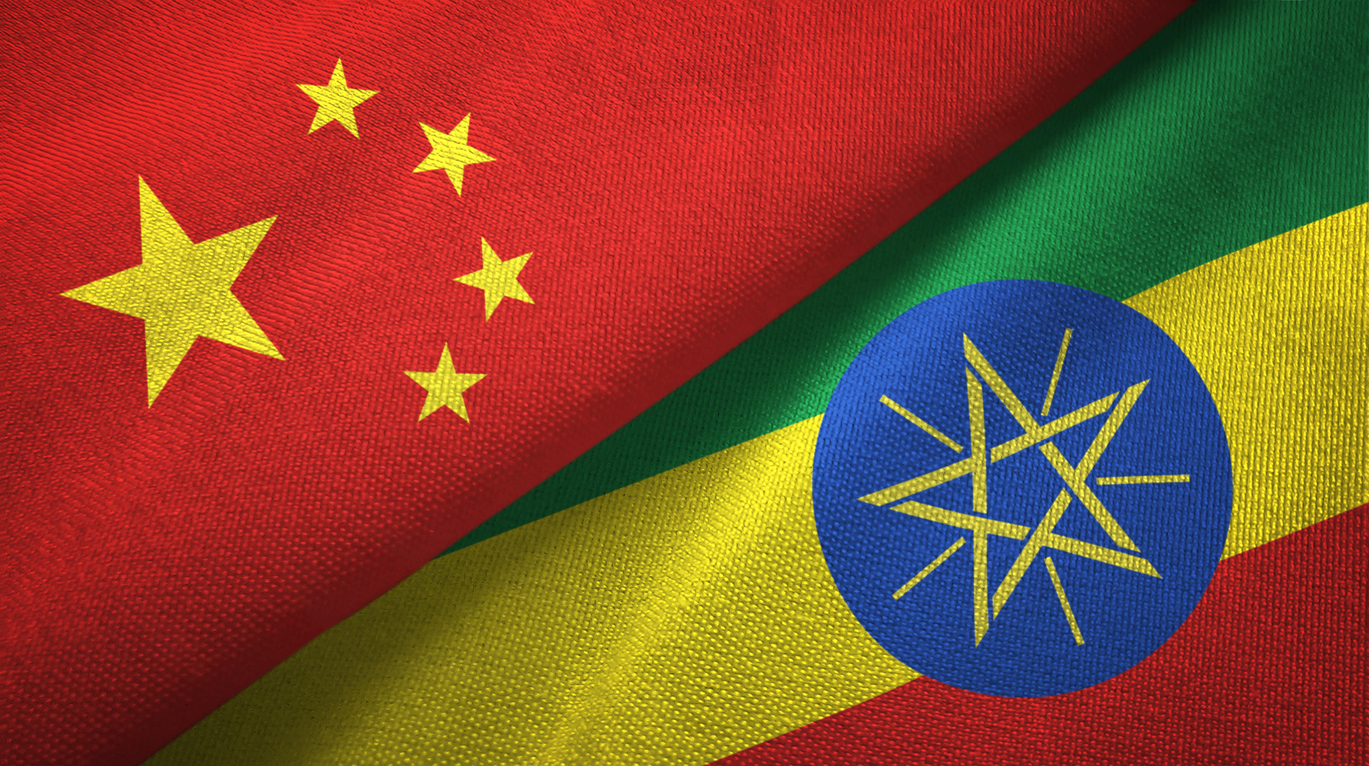A comment in The Economist on January 7, 2022 caught my eye. It read, “An airstrike on a UN refugee camp in northern Ethiopia killed three people and injured four. The victims were sheltering from the conflict between the Ethiopian government and Tigrayan rebel forces. The UN did not reveal who was responsible but the Ethiopian government controls air space in the area. Separately China, which has sought to end the war, said it would establish a special envoy to foster peace in the region.” This report followed a January 6 article in Foreign Policy reporting, “U.S. Horn of Africa envoy Jeffrey Feltman is in Ethiopia for talks with senior government officials amid fresh hopes for a cease-fire in the 14-month-long conflict.”
Why are the U.S. and China so interested in peace in Ethiopia, a landlocked country in Eastern Africa? Is it to end the bloodshed amidst a civil war? Or something else? Is the conflict in Ethiopia a proxy war between the U.S. and China?
China’s desire to be the dominant influence in Africa has been known for years but largely ignored in U.S. policy. At least publicly. As early as 2008, Horace Campbell, Professor of African American Studies and Political Science at Syracuse University, warned that the U.S. needed to address China’s growing alliances with African nations and its intent behind a growing hegemony in the region.
Yet according to news reports in the China press, “In the face of hegemony, bullies and unilateral acts, China and Africa have the responsibility to jointly practice true multilateralism and safeguard international fairness and justice.” Makes one wonder about China’s motives and where the truth lies.
China’s so-called Belt and Road Initiative, announced in 2013, seeks to build an infrastructure to support (and control) trade routes between China and the Middle East and Africa. Embedded in China’s constitution, the project is scheduled for completion by 2049. At the 2021 Forum on China-Africa Cooperation, Chinese President Xi Jinping opened the conference with the announcement of the China-Africa Cooperation Vision 2035, a nine-pronged initiative by China to invest billions in Africa’s future. When one views the entirety of China’s actions in Africa, it is clear China is doing more in Africa than any other world power, including the U.S., and has been building alliances there for decades.
So why are China and the U.S. so interested in the region? Even though I’d like to believe otherwise, it’s not because they want to foster peace and end bloodshed. It’s because Africa holds massive deposits of copper, tantalum, niobium, phosphate, natural gas and other resources China and the U.S. need for their strategic defense. And you can add literally trillions of dollars in international trade at stake.
Of course, there is also the potentially darker side of China’s interests. Africa controls much of the world’s illegal drugs and known for its nefarious Cocaine Corridor. With China’s apparent disregard of its trade in fentanyl with Central America, do they also have questionable interests in illegal drug trafficking in Africa?
As competition between the US and China escalates, the U.S. is clearly falling behind China as Africa’s preferred economic partner.
Will the U.S. wake up and catch up?
